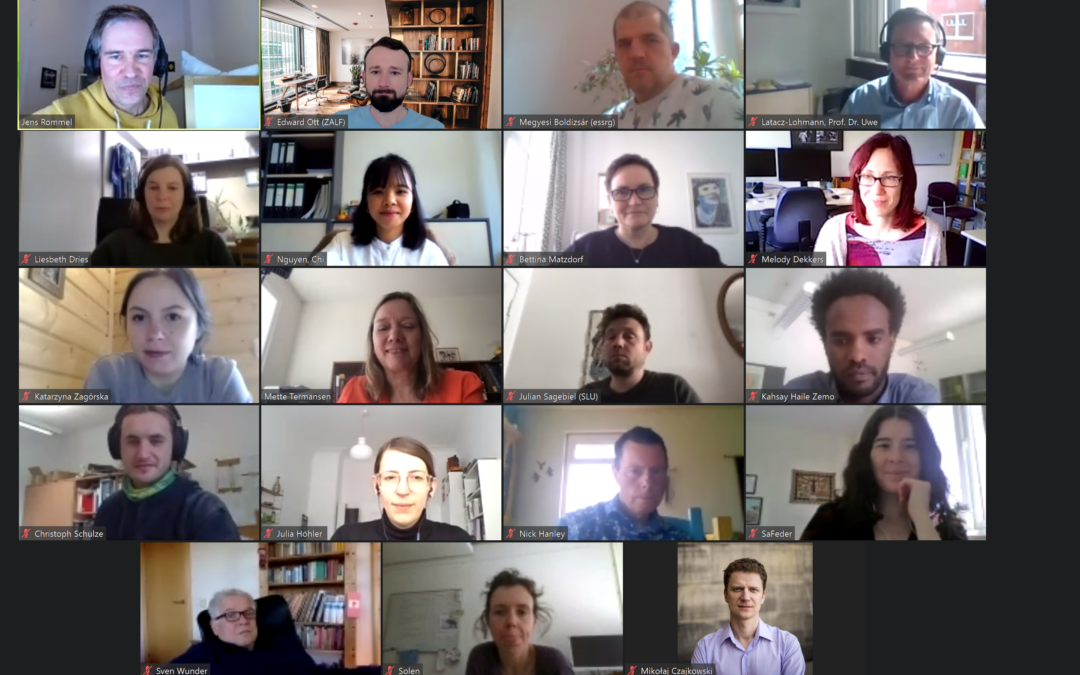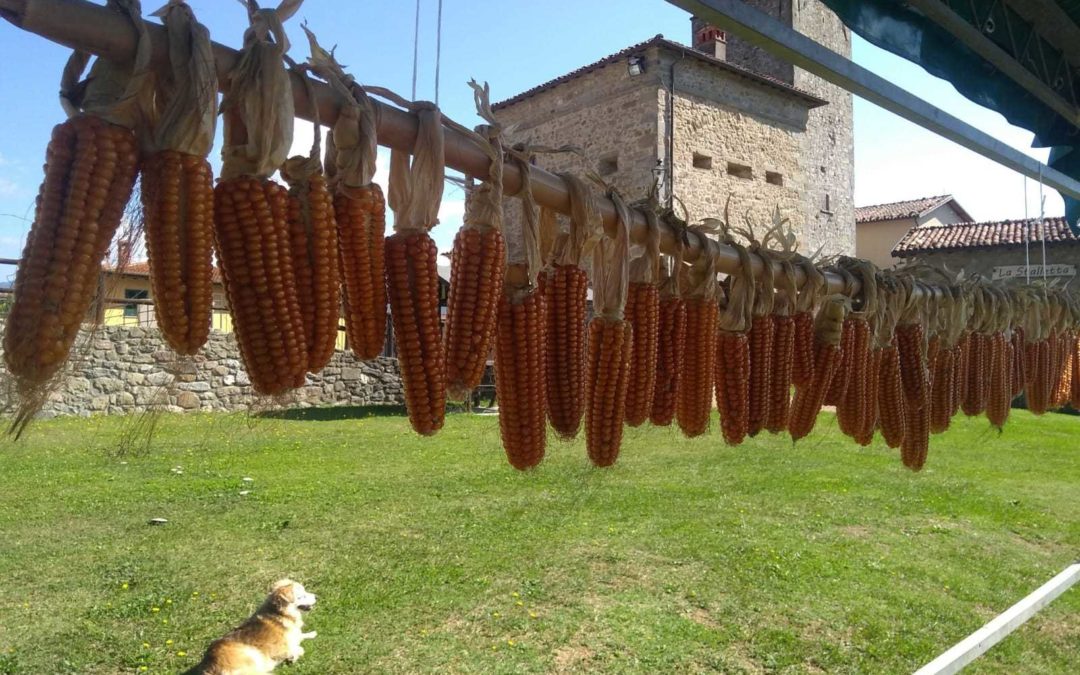
Contracts2.0 at the EAERE conference
Researchers from the Contracts2.0 project participated in the European Association of Environmental and Resource Economics Conference (EAERE), presenting the food industry’s preferences for environmentally-friendly practices in food production. The virtual congress took place in Berlin from 23–25 June 2021.
Contracts2.0 contributions to the conference
We presented work on developing value chain approachesare cooperation models to valorise environmental public goods within value chains. To ensure consumer trust, companies increasingly demand greater transparency about the management and delivery of public goods on supplier farms. S... More for the increased provision of environmental public goodsPublic goods are non-rival (they cannot be exhausted) and non-excludable (there are no boundaries). An environmental example in the Contracts2.0 context is an open and beautiful landscape which can be enjoyed by one person without... More by farmers. Our work focused on the food industry’s preferences for product labelling for the provision of ecosystem services. We carried out qualitative interviews with experts in the food industry to explore different labelling options. Labels could signal to consumers the kinds of public goodsGoods where access to the good cannot be restricted and where use by one individual does not reduce availability to others. See also: Environmental Public Goods More farmers can provide and allow the industry to sell its products with a price premium. They would also add transparency to the purchasing process as consumers usually cannot observe farm work and fields. The study’s final results will be published later this year.
Further, Christoph Schulze introduced the Q-methodology approach, which he used to explore stakeholder preferences for agri-environmental contracta formal, written agreement for a specified duration signed by (at least) two parties. In Contracts2.0, we acknowledge the existence of informal contracts but use formal contracts to focus the research. More design. Related to these findings, our latest Deliverable synthesises practitioners’ evaluations of innovative contracta formal, written agreement for a specified duration signed by (at least) two parties. In Contracts2.0, we acknowledge the existence of informal contracts but use formal contracts to focus the research. More approaches and provides insight into ideal contracts.
Presentations given by Jens Rommel (SLU), Julian Sagebiel (SLU), Mikołaj Czajkowski (Universtiy of Warsaw), and Wiktor Budziński (University of Warsaw) focused on methodological aspects of stated preference methodology. We will use this methodology to inquire about farmers’ environmental preferences. In this line, early research results on the potential to introduce collaborative agri-environmental contracts are now available. Soon, we will launch an international study on farmers’ preferences for result-based contracts to protect biodiversity that we hope to present during the next EAERE conference!
Written by Katarzyna Zagórska (University of Warsaw) and Laszlo Beer (ZALF), Photo Title: ©Ingo Joseph on Pexels




